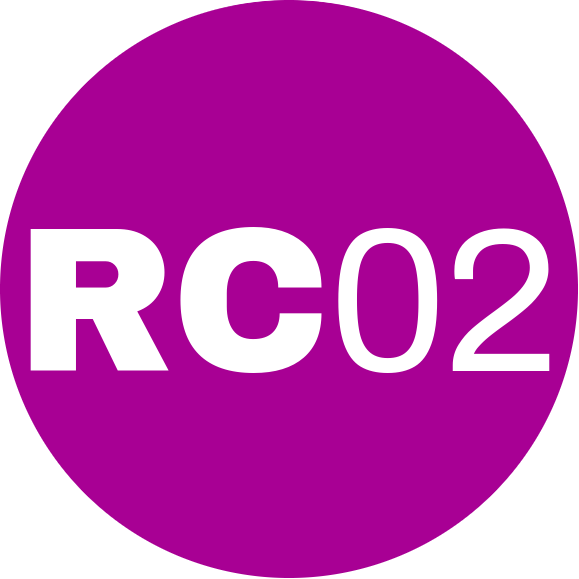We hear a lot these days about the possibility of stopping the clinical trials of COVID-19 vaccine candidates early and rushing the vaccines to market. But stopping trials before the full trial is completed could downplay or altogether hide the potential health risks, mainly because adverse effects tend to show up later in the testing process. By relying solely on preliminary results, one gets a falsely positive view of the vaccine.
A Kaiser Family Foundation survey in September found that 62 percent of Americans worry that political pressure will lead the Food and Drug Administration (FDA) to approve a COVID-19 vaccine before making sure it is safe and effective. Therefore, the public should strongly oppose ending clinical trials before they are completed. During an unprecedented health crisis, greater prudence is called for, not less.
Having vaccines tested by the companies who develop them and stand to make windfall profits is a conflict of interest that also fosters distrust. In the past, companies have used the following four well-known techniques for biasing Phase III clinical trials—the stage of drug development that involves human test subjects to measure efficacy and safety. The FDA and regulators assess these results before deciding whether or not to approve a treatment.
Besides the first technique of stopping trials early, a second technique used by companies is to choose a trial’s benchmark of success (called an end-point) that is easier to achieve than proving real clinical benefit. An example is benchmarking success to mild COVID cases rather than serious ones. This causes a vaccine to seem more effective than it really is. A third technique is to exclude more vulnerable, higher-risk people from the population sampled. Then, when a random sample is taken, it does not represent the whole population. A fourth way is to hide or bury evidence of adverse effects so that they do not show up in the statistical analysis. These are important reasons why independent scientists are demanding that companies openly share the details of both their trial designs and statistical protocols.
Vaccines are the most universal public health good in medicine. They are developed and injected into a healthy population and therefore should be extremely safe. William Schultz, who directed policy for the FDA, recently stated that “a coronavirus vaccine for the general public should be required to meet the traditional safety and efficacy standards, not ones potentially compromised by haste.” Only then can a vaccine be an effective tool to join already proven methods to minimize infection. Whole nations have shown that isolation through travel restrictions and quarantine, masking, testing, and monitoring can drive down rates of infection and death to very low levels. Responsible treatments can in turn accelerate the pace at which the economy and consumer spending can be revived and jobs restored.
The calls for universal, safe, effective and affordable vaccines to address the current pandemic reflect a philosophy and ethic of proactive treatment that applies to all of health care. Fulfilling this promise depends on well-designed, transparent, and trustworthy clinical trials.

